
Dr. Martin Sillem
Obstetrics & Gynecologist
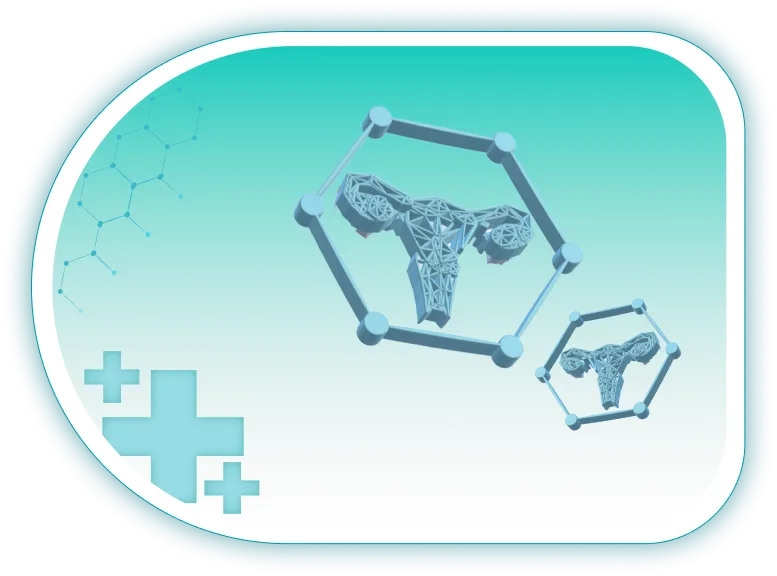




Experiencing pelvic pain, heavy periods, or frequent urination? These could be signs of uterine fibroids. At German Medical Center, our expert gynecologists offer advanced diagnosis and personalized treatment options for fibroids, from minimally invasive procedures to medication management.
Don’t suffer in silence – regain your comfort and well-being. Schedule a consultation today.
By booking an appointment with German Medical Center.
Our team of experts are passionate about providing only the best quality care and treatment to their patients.

Obstetrics & Gynecologist

Obstetrics & Gynecologist

Obstetrics & Gynecologist
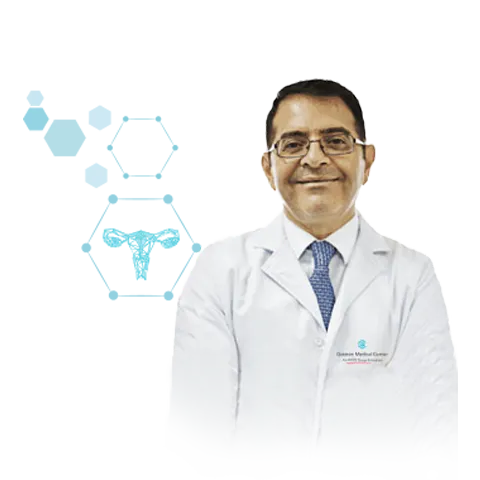
Obstetrics & Gynecologist
Uterine fibroids, also known as leiomyomas or myomas, are non-cancerous growths that develop in or on the uterus. They are made up of muscle and fibrous tissue and can vary in size, ranging from small and undetectable to large enough to distort the shape of the uterus. While many women with uterine fibroids experience no symptoms, others may experience heavy or prolonged periods, pelvic pain or pressure, frequent urination, constipation, or infertility.
Uterine fibroids are typically diagnosed through imaging tests, such as ultrasounds or MRI, and treatment options may include medications, minimally invasive procedures, or surgery, depending on the size and location of the fibroids and the severity of symptoms.
Some women with uterine fibroids may not experience any symptoms at all, while others may have symptoms that vary depending on the size, number, and location of the fibroids. Some common symptoms of uterine fibroids include:
If you’re experiencing any of these symptoms, it’s important to talk to your healthcare provider. They can perform tests to determine if you have uterine fibroids and recommend appropriate treatment options.
Research suggests that they are influenced by several factors, including:
It’s important to note that while these factors may increase the risk of developing uterine fibroids, they do not guarantee that fibroids will develop. Many women with no known risk factors develop fibroids, while others with multiple risk factors never develop them. If you are concerned about your risk for uterine fibroids, talk to your team of gynecologists in Dubai.
There are several treatment options for uterine fibroids, depending on the severity of your symptoms and your individual situation. Some common treatment options include:
The best gynecology treatment option for you will depend on your individual situation and your healthcare provider’s recommendation. It’s important to talk to your healthcare provider about the risks and benefits of each treatment option and choose the one that is right for you.
No results found.


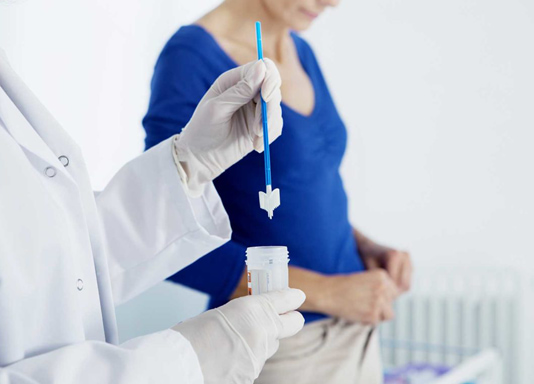
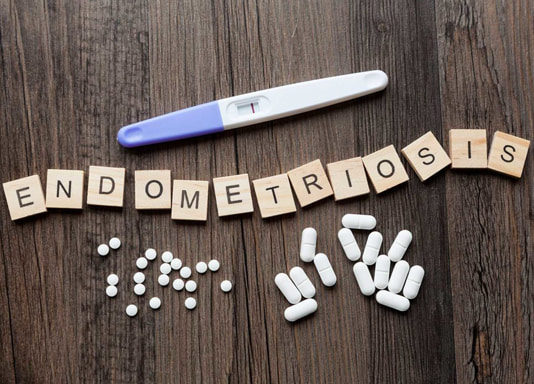
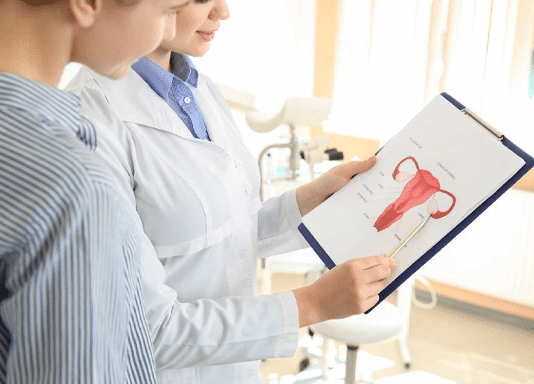


Partner with:
Partner with:


German Medical Center is one of the leading medical institution in Dubai formed by a group of specialists who are passionate about providing the personalized care tailored to the patient's unique needs.
Fill out our easy online form to book an appointment with German Medical Center. Our team of experts is dedicated to providing you with personalized care and guidance every step of the way. Don't wait, take charge of your well-being and schedule your appointment now!